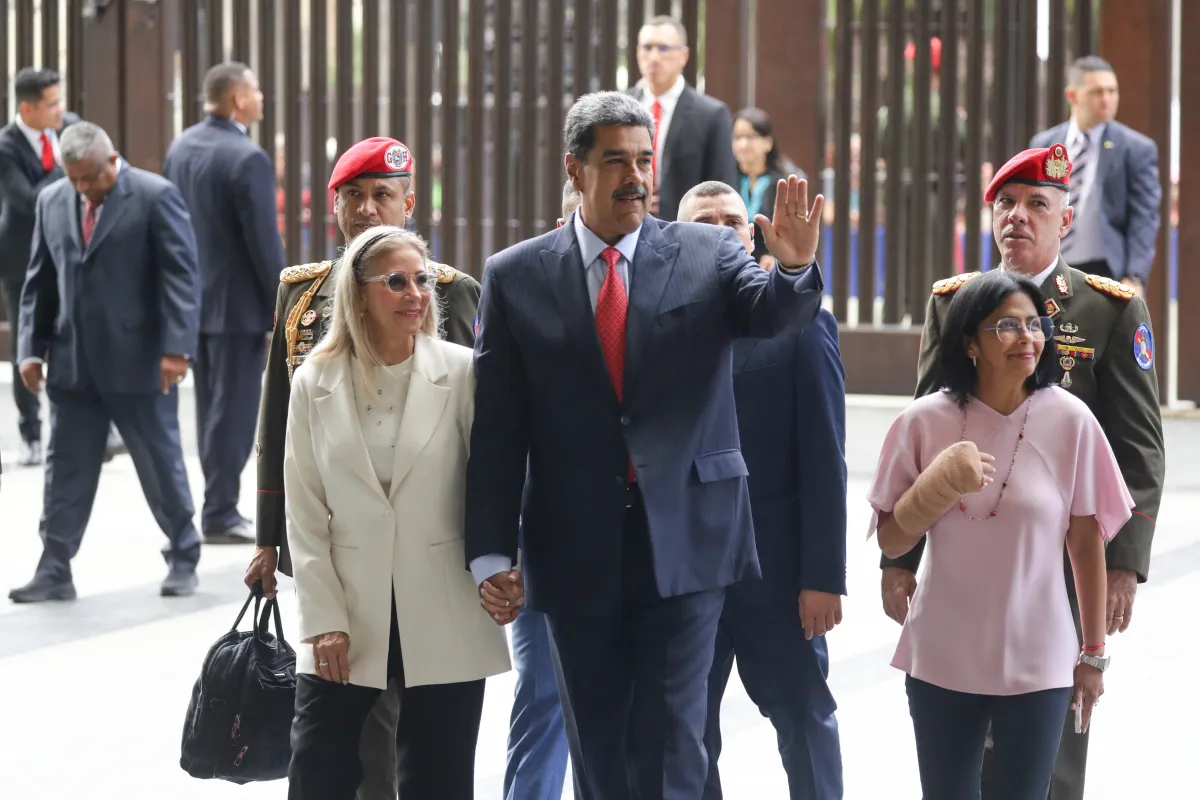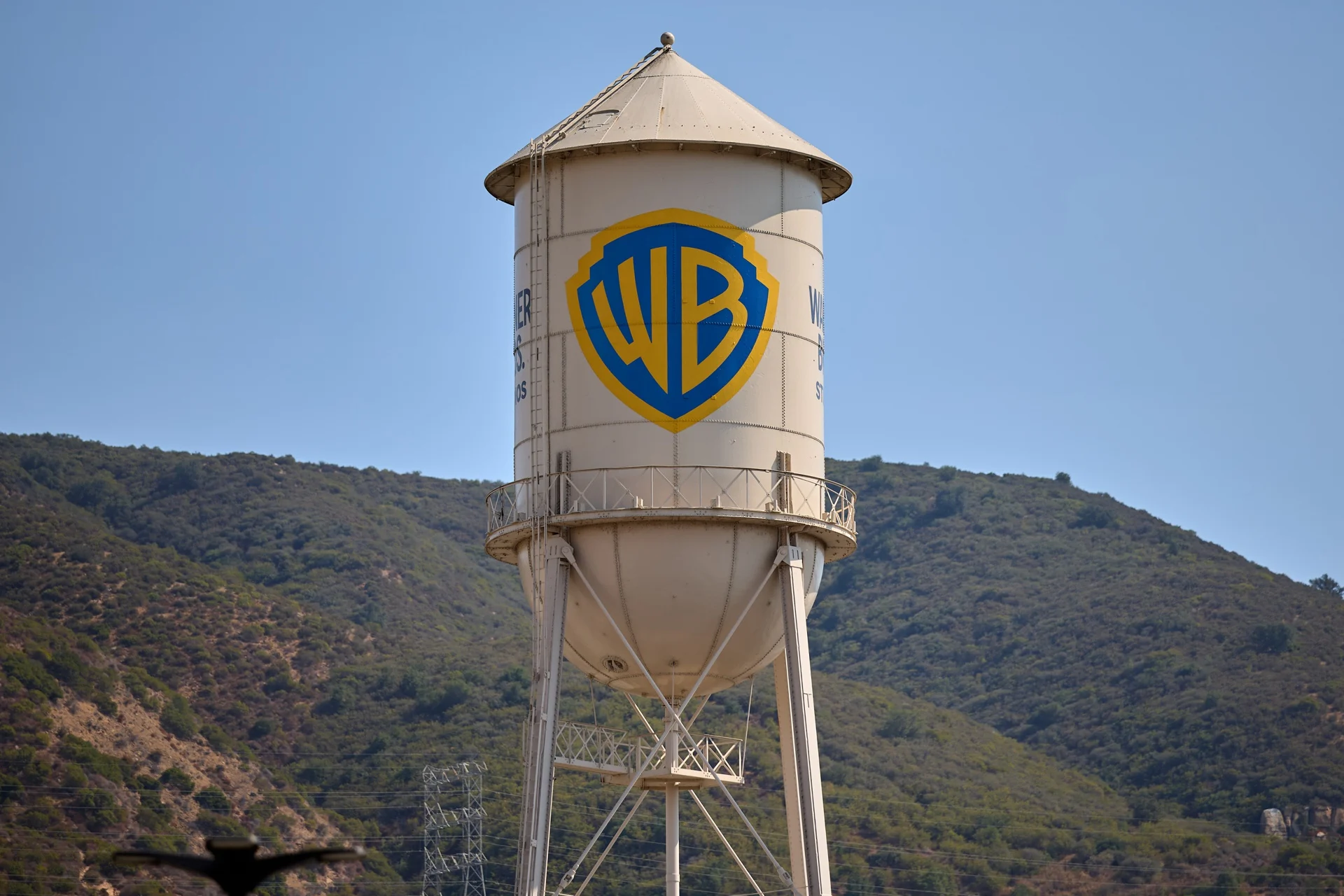International
Maduro rejects Panama’s offer of asylum and US guarantees in the midst of the crisis after the elections

The president of Venezuela, Nicolás Maduro, rejected the asylum proposal of his counterpart from Panama, José Raúl Mulino, as well as the guarantees of the United States to solve the crisis after the presidential elections, whose official result ratified the Venezuelan president as the winner, an announcement that the largest opposition coalition considers fraudulent.
Through the state channel VTV, Maduro asked the president of Panama to govern his country and not pretend to do so in Venezuela, while he demanded respect from the United States.
“That the United States (…) is willing to give me anything, I am happy (…) I would ask him for respect for Venezuelan democracy; second wish, respect for the independence and stability of Venezuela; third wish, that we reach an agreement of understanding for 50 years where they stay where they are and let Venezuela be calm,” the president said.
On the other hand, Maduro said that Mulino sent him a message, after assuming the mandate, to “count on him” and to promise that relations between Venezuela and Panama would be resumed, but then the head of the U.S. Southern Command “visited him”, and after a meeting,” Maduro continued – “he left agitated” to convene a summit to deal with the post-election crisis in the Caribbean country.
“Unanimously, Latin America and the Caribbean said (to Mulino): ‘Who are you, compadre? You were wrong, you don’t have the power to convene a summit,” said the Venezuelan president.
However, last Thursday, Mulino reported that between six and seven presidents confirmed attendance at this meeting, while raising the possibility of it being done next week, when several leaders are going to coincide in the Dominican Republic in the swearing-in of Luis Abinader as re-elected president.
Maduro warned Mulino that “whoever messes with Venezuela dries up” and “goes badly,” after the president of Panama proposed the summit to “rehearse more actions that support the democracy and popular will” of the Caribbean country.
Both Panama and the United States do not recognize the results announced by the Venezuelan electoral body and said that the winner of the presidential elections is the standard-bearer of the largest opposition coalition, Edmundo González Urrutia, who gathered “83.5%” of the electoral records that – he assures – demonstrate his triumph, something that Maduro considers as “forged documents.”
International
New York Announces First 2,000 Seats in Universal 2-K Program

The Governor of New York, Kathy Hochul, and New York City Mayor Zohran Mamdani took another step today in their universal early education agenda by announcing the communities that will have access to the first 2,000 seats in the new 2-K program this fall — an initiative backed by a $73 million investment.
The funding is part of the $1.2 billion package previously unveiled by Hochul to strengthen child care and early childhood education across the city, one of the key campaign promises of the now Social Democratic mayor.
At the time of the announcement, the governor also outlined additional funds to reinforce the existing 3-K early education infrastructure, a program launched under former Mayor Bill de Blasio (2014–2021).
When the 2-K initiative was introduced in January, Mayor Mamdani explained that its first phase would offer 2,000 seats, with the goal of eventually expanding into a universal program — a commitment supported by the governor.
State investment in child care and preschool services is expected to increase to $4.5 billion by fiscal year 2027.
Among the first communities set to benefit from the 2,000 seats are Upper Manhattan and Inwood — areas with large Dominican populations — as well as Fordham and Kingsbridge in the Bronx, a borough with a Latino majority.
In East Brooklyn, Canarsie, Brownsville, and Ocean Hill will also be included. Meanwhile, Ozone Park and the Rockaways are among the neighborhoods that will see the rollout of the 2-K program.
International
Warner Bros. Developing First ‘Game of Thrones’ Movie With ‘Andor’ Writer

Warner Bros. is developing the first feature film based on the hit saga Game of Thrones, with Beau Willimon — screenwriter of Andor — attached to direct, according to a report published Tuesday by Page Six.
The project, currently in early development, will focus on the conquest of King Aegon I Targaryen. A separate television adaptation centered on the same historical storyline within the franchise is also in early stages at HBO.
However, the outlet noted that it remains unclear whether the film will move forward following the recent acquisition of Warner Bros. Discovery by Paramount Skydance.
If the merger is finalized, the movie could potentially be shelved, although that scenario appears unlikely given that the Game of Thrones franchise remains one of HBO’s most valuable and beloved properties.
After six seasons adapting the work of George R. R. Martin, the platform expanded the universe with House of the Dragon, a prequel series set 200 years before the events of Game of Thrones that explores the history of House Targaryen.
International
Spain’s Prime Minister to Address Nation Amid Trump’s Trade Threats

The Prime Minister of Spain, Pedro Sánchez, will deliver an institutional address this Wednesday at the Moncloa Palace regarding the escalating situation in the Middle East and recent threats directed at Spain by U.S. President Donald Trump.
The Spanish government announced that Sánchez will make a statement at 9:00 a.m. local time to outline his position on the latest developments following the U.S. and Israeli attacks on Iran.
Sánchez is expected to reiterate Spain’s reasons for opposing the use of U.S. military bases on Spanish soil in the operation—an action he has already described as being outside international law—while also expressing criticism of the Iranian regime.
Government sources indicated that the address had been planned prior to Trump’s remarks criticizing Spain’s stance. However, following those comments, Sánchez is now also expected to respond directly to the U.S. president’s statements.
Trump has threatened to “cut all trade with Spain” and said he wants “nothing to do” with the country after Madrid refused to authorize the use of the Morón and Rota military bases in southern Spain for operations against Tehran.
The U.S. president also labeled Spain “a terrible NATO partner” and warned that “no one” would tell him he could not use the facilities.
In response, the Spanish government stated that Spain fulfills its commitments to NATO and European defense. It also warned Trump that any review of bilateral trade relations must respect international law and the agreements in place between the European Union and the United States.
-

 International2 days ago
International2 days agoIran Reports 201 Dead, 747 Injured After U.S. and Israeli Strikes
-

 International2 days ago
International2 days agoPope Leo XIV Urges End to ‘Spiral of Violence’ in Middle East
-

 International5 days ago
International5 days agoCocaine Production Surges 34% in 2023 as Market Expands into Africa and Asia
-

 International4 days ago
International4 days agoTrump Floats “Friendly Takeover” of Cuba Amid Rising Tensions
-

 International23 hours ago
International23 hours agoBrazil’s Supreme Court Rejects Bolsonaro’s Bid for House Arrest
-

 International3 days ago
International3 days agoSecurity Council to Hold Emergency Meeting on Middle East Crisis
-

 Sin categoría3 days ago
Sin categoría3 days agoTrump: ‘We Think It’s True’ Amid Claims Iran’s Supreme Leader Was Killed
-

 International4 days ago
International4 days agoArgentina’s Senate Reviews Milei-Backed Labor Overhaul
-

 International5 days ago
International5 days agoFederal Judge Blocks Trump Policy Allowing Deportations to Third Countries
-

 International23 hours ago
International23 hours agoAnti-ICE Billboard Campaign Targets Immigration Spending in 31 U.S. Cities
-

 International5 days ago
International5 days agoClinton Accuses Republican Committee of Using Epstein Case to Shield Trump
-

 International23 hours ago
International23 hours agoTrump Warns of ‘Major Wave’ of Attacks as Iran Conflict Escalates
-

 International23 hours ago
International23 hours agoMexico Calls for Immediate Probe After National Dies in ICE Custody
-

 Central America23 hours ago
Central America23 hours agoPanama Canal Monitoring Trade as Middle East Conflict Disrupts Shipping
-

 International23 hours ago
International23 hours agoBolivia Orders Three Investigations Into Deadly Military Plane Crash
-

 International1 hour ago
International1 hour agoNew York Announces First 2,000 Seats in Universal 2-K Program
-

 International2 hours ago
International2 hours agoSpain’s Prime Minister to Address Nation Amid Trump’s Trade Threats
-

 International1 hour ago
International1 hour agoWarner Bros. Developing First ‘Game of Thrones’ Movie With ‘Andor’ Writer
-

 Central America1 hour ago
Central America1 hour agoGuatemala’s Attorney General Fails in Bid for Top Court Seat Amid Corruption Allegations




























